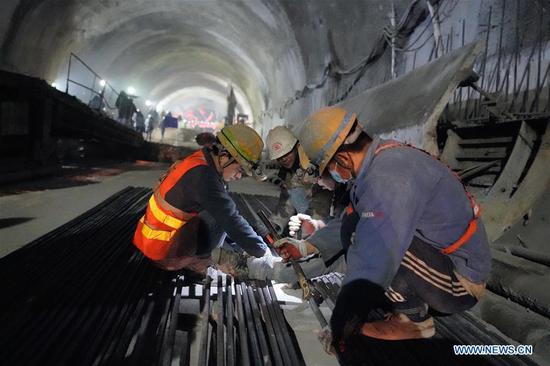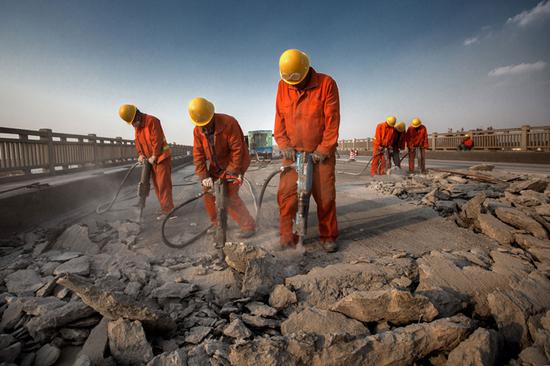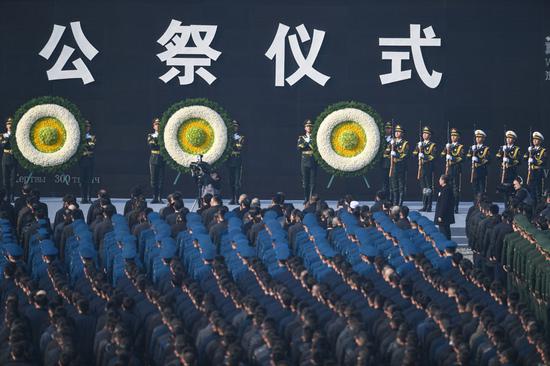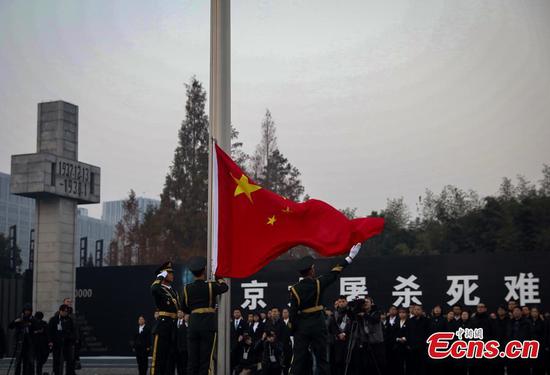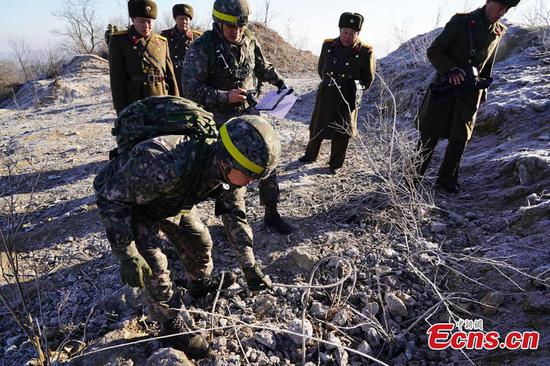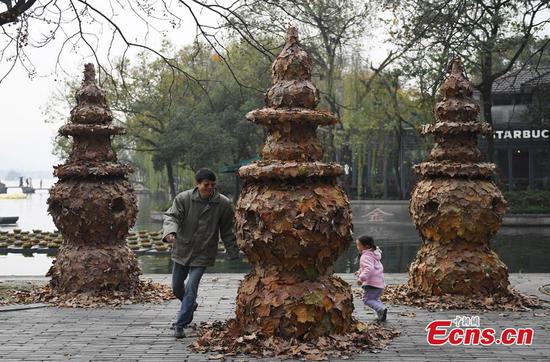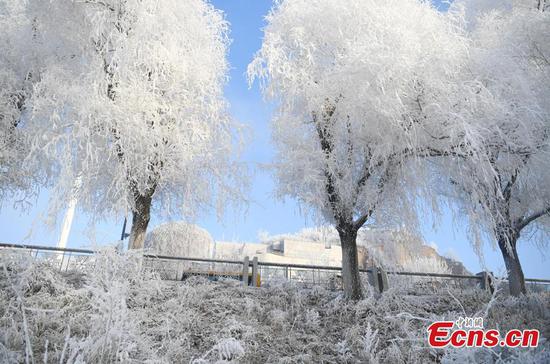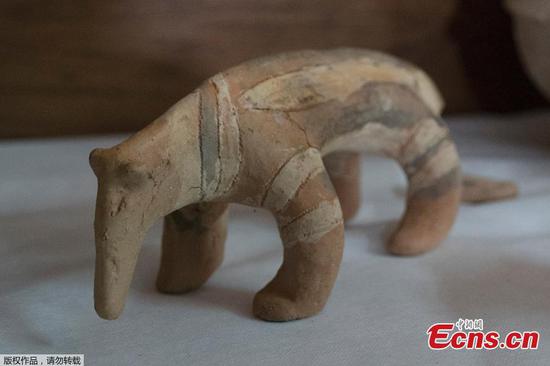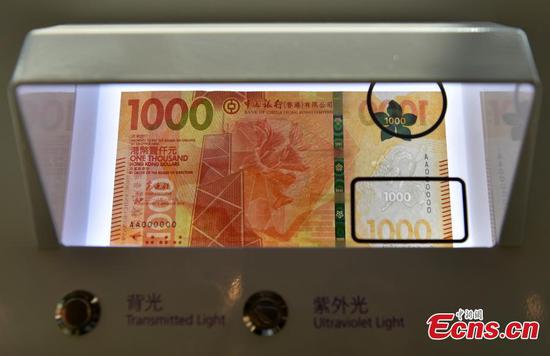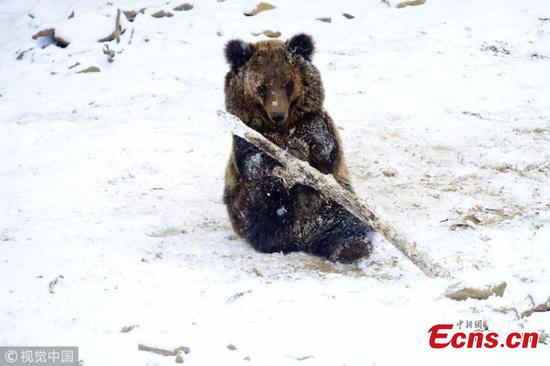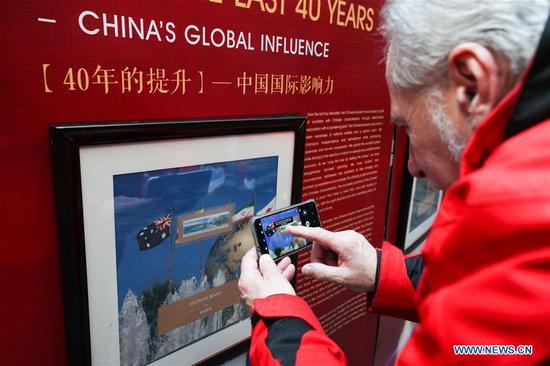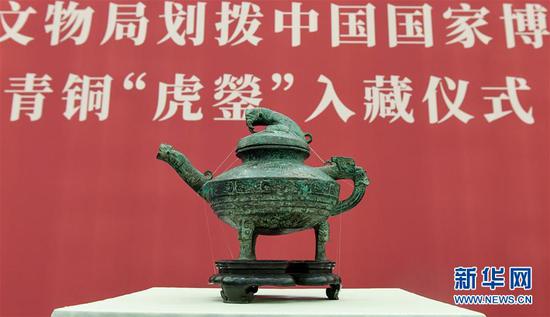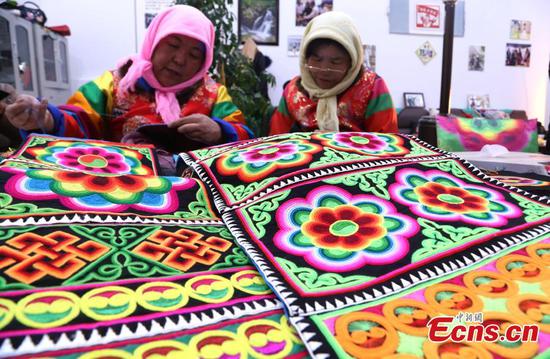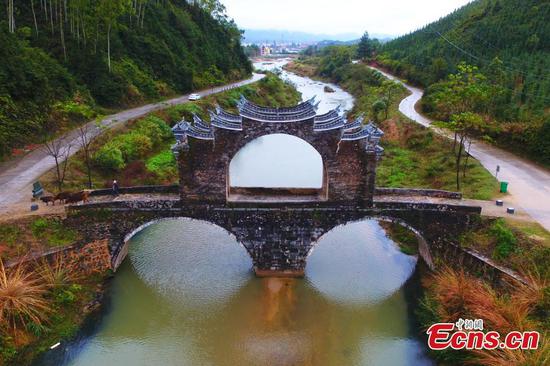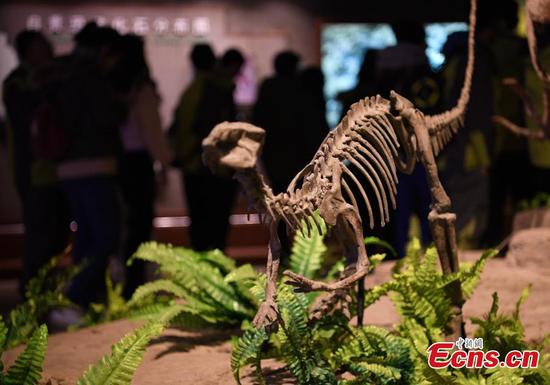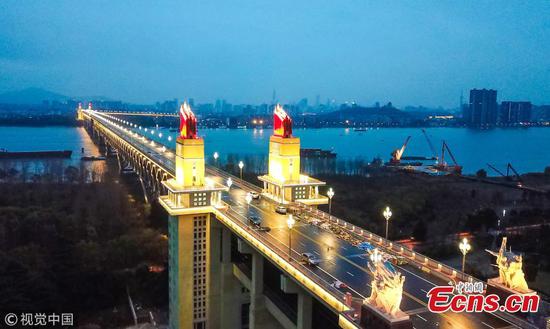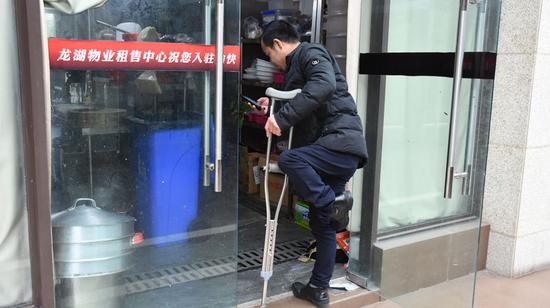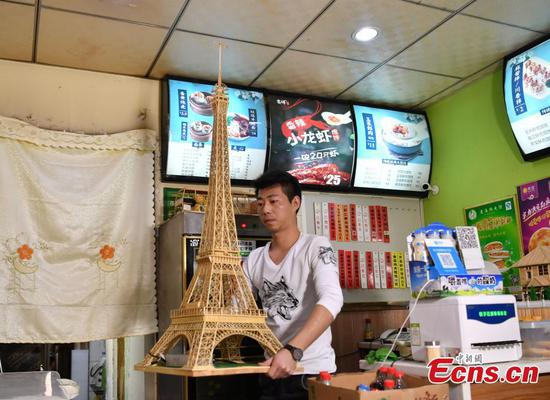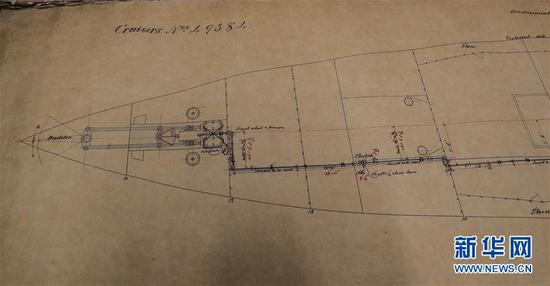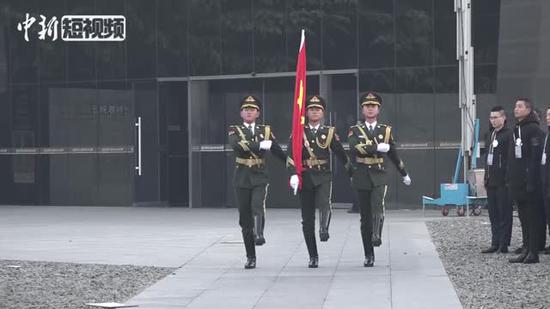Bao Ronglin, 55, has witnessed China's dramatic transformation through its 40 years of reform and opening-up both within and outside the country.
China's image has changed, said the naturalized Mexican, who was born in eastern China and now runs a business conglomerate in Mexico.
Speaking of China's efforts to further reform and open up, Bao said he sees a country all set to step up its opening-up and committed to win-win cooperation with the outside world.
"This is definitely going to create more opportunities," he said, adding that the younger generation of entrepreneurs is expected to be engaged in more "bilateral, multilateral and win-win" cooperation.
Bao said the images of Chinese firms are changing, too. The best young firms, often privately owned, tap China's growing pool of university graduates, invest in research and development, and absorb international best practices in management, including intellectual property rights protection.
DRAMATIC TRANSFORMATION
Bao's experience reflects China's changing image. His life took a key turn in the late 1980s, when he was awarded a government scholarship for further studies in economics in Mexico.
He had been a lecturer for several years at Xiamen University in southeastern China. He was lucky to be admitted to the prestigious university at the age of 18 after passing the gaokao (College Entrance Examination) in 1981, three years after the launch of the reform and opening-up.
He set off for the North American country with about 50 U.S. dollars. Later he managed to start his own business and grow it into a conglomerate.
"I am truly grateful for the opportunity to study abroad with a government scholarship," Bao said, adding that he was allowed to stay in Mexico after his graduation with a master's degree.
Bao, who heads a Chinese business association in Mexico and often leads business delegations to Zhejiang and other provinces, has witnessed the changes in China as it carries on the reform and opening-up drive.
International Monetary Fund (IMF) chief economist Maurice Obstfeld said in a recent interview that China's reform and opening-up "has had remarkable positive effects on China's standard of living."
"Many of those effects have spilled over to other countries, particularly in East Asia and elsewhere in the emerging world," he added.
GROWING PRIVATE SECTOR
Bao's home province of Zhejiang, part of a key manufacturing hub in eastern China in recent decades, has been known for its robust private sector.
The private sector in China has especially come a long way from its modest beginning of some 140,000 self-employed households in 1978. The economy was largely state- or collectively-owned at that time.
Twenty years later, the number of registered private companies grew to 90,500. Another 20 years on, by the end of October 2018, there were 30.67 million private companies and 71.37 million self-employed households, according to statistics from the State Administration for Market Regulation.
The economy has also gone through constant upgrading. The state-owned sectors have become more efficient partly due to competition from private and foreign businesses. They are leaner and stronger, but account for a much smaller part of the economy.
Latest statistics show the private sector now accounts for more than half of the tax revenue, 60 percent of the output, 70 percent of technological innovations, 80 percent of urban employment and 90 percent of the new jobs in China.












